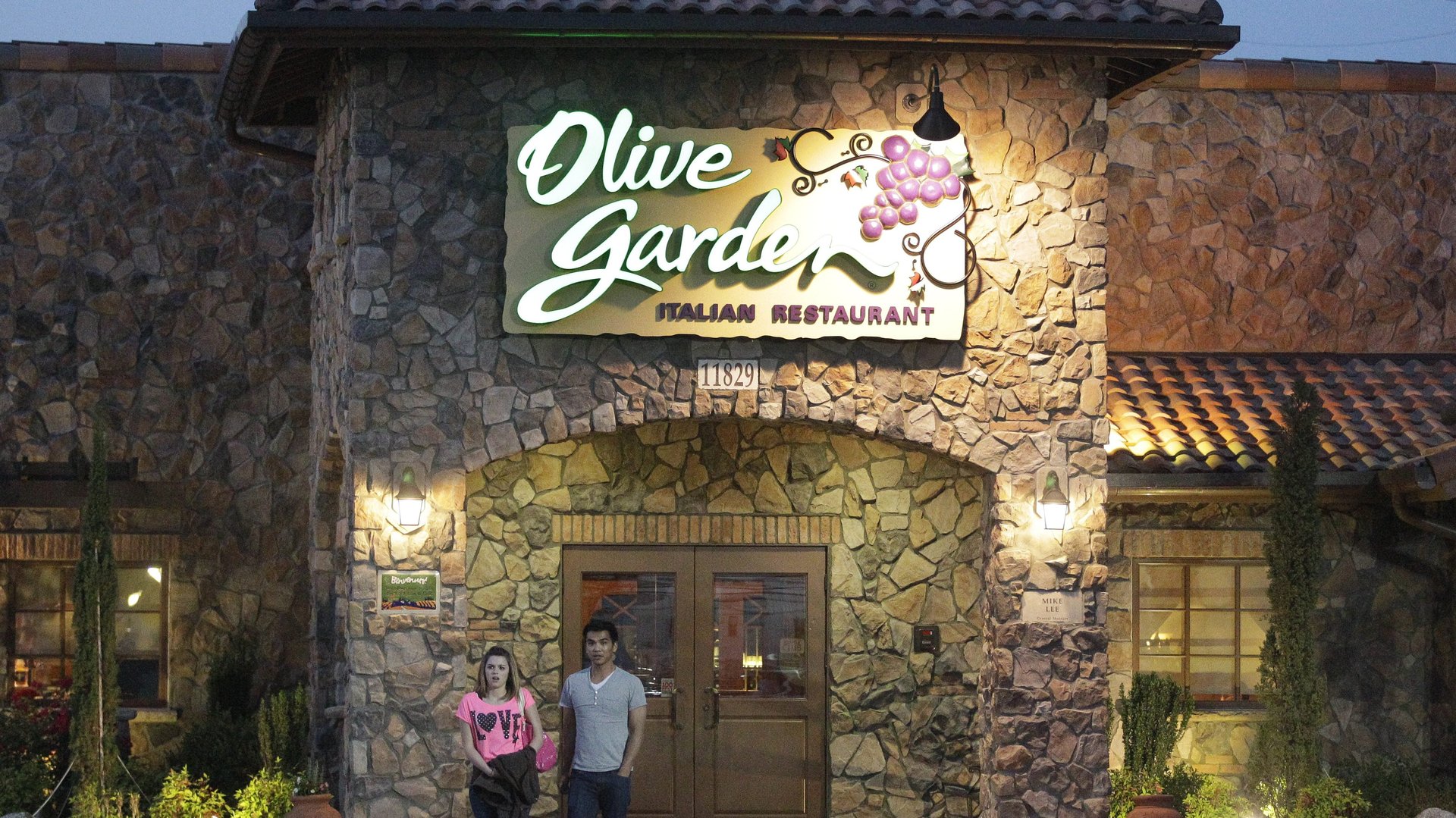Olive Garden, and other Darden restaurants, are not struggling to find restaurant workers
Darden Restaurants, the owner of chains like Olive Garden and Longhorn Steakhouse, said it isn’t struggling to hire workers any longer. In an earnings call this week, the company, which has 180,000 employees across 1,800 locations in the US, said it is back to pre-covid staffing levels.


Darden Restaurants, the owner of chains like Olive Garden and Longhorn Steakhouse, said it isn’t struggling to hire workers any longer. In an earnings call this week, the company, which has 180,000 employees across 1,800 locations in the US, said it is back to pre-covid staffing levels.
Darden said it has also hired more managers per restaurant than pre-covid, with many being re-hires, suggesting that workers’ power may be fading. People may feel a “little less comfortable” in the current high inflation environment and will be more likely to come back to the job market, said Ricardo Cardenas, Darden Restaurants CEO, on a conference call with investors and analysts on June 23. “And that would be a good thing for us.”
The pandemic pushed the restaurant industry to make jobs better
The tight US labor market has been great for workers, particularly, for restaurant workers. Restaurant workers quit en masse in 2020, complaining about low pay, obnoxious customers, lack of benefits, and the risk of covid, among other issues. In a tight labor market, workers felt confident they could find better jobs. That pressured employers to raise wages—to record highs—and to provide more benefits to attract and retain workers. But, recently, employers have started to pull back on hiring. This comes at a moment when inflation is hitting all households, and especially those with lower incomes.
In many places restaurant jobs have changed, too. Employment in the restaurant industry is still down by about 750,000 workers. To cope with fewer employees, businesses have been filling the gaps with automation and robots. For instance, Darden said it uses AI to improve forecasting accuracy at restaurants, so managers can schedule workers more efficiently. Like other restaurants, Darden has simplified menus to make food preparation less labor-intensive. While Darden’s confidence suggests workers’ power could be waning, overall, restaurant jobs have arguably changed for the better.